These factors might be further exacerbated by the lack of clarity about the division of responsibilities in the clincal care process and the accountability of the outcomes thereof. Furthermore, the generalizability of such studies and tested AI applications need to be considered carefully. Thus, the development of AI applications should ideally be based on data from different ethnic groups and regionally tested to validate their efficacy 103. Furthermore, RCTs of medical AIs may not always examine medical-biological mechanisms but rather organizational or procedural pathways in how diagnostic and therapeutic practices are changed. Thus, researchers should ensure that patient outcomes are stable across time, patient characteristics, and across clinicians of different specializations or levels of experience 104.
Human intelligence possesses unique abilities such as emotional intelligence, creativity, and consciousness, which are currently beyond AI’s capabilities. The limitations of AI, including bias in algorithms and the inability to replicate human intuition, further contribute to the ongoing debate. It is important to strike a balance and leverage the strengths of both human and artificial intelligence for optimal problem-solving and decision-making processes. One of the main points in this debate is the ability of artificial intelligence to perform complex tasks and problem-solving.
AI can automate repetitive tasks, freeing up human intelligence to focus on more complex and creative tasks that require critical thinking and problem-solving skills. In conclusion, artificial intelligence has the capacity to replace human intelligence in tasks that require high levels of repetition. This can bring numerous benefits in terms of cost savings, increased speed, improved accuracy, and consistency. By leveraging AI technology, companies can optimize their operations and achieve higher levels of productivity and efficiency. However, there are also cons to consider when it comes to artificial intelligence replacing human intelligence. As AI systems become more advanced, there is a risk that many jobs currently held by humans could be automated, leading to unemployment and economic inequality.
One of the advantages of artificial intelligence is its ability to analyze vast amounts of data quickly and efficiently. It can process information at a much faster pace than humans, allowing for rapid decision making in complex situations. AI algorithms can spot patterns and make predictions based on historical data, enabling businesses to react swiftly to changes in the market.
The Role of Humans
For instance, in Germany regulations and governance issues have delayed the nationwide implementation of rather basic healthcare technologies, such as the electronic health record 100. For the implementation of new technology, studies highlight the relevance of individuals (“healthcare leaders”) in the adaptation process in healthcare organizations 101. For instance, the inclusion of clinical personnel as advocates (“champions”) for a new technology is a positive factor for implementation of new technologies in healthcare organizations 102.
The need for responsible development and regulation of AI
For instance, a teacher understanding a student’s struggles or a therapist guiding clients through emotional challenges exemplifies this unique capability. One way to achieve this is through the development of ethical guidelines and regulations. Additionally, organizations should prioritize diversity and inclusivity when developing AI systems to avoid perpetuating biases.
Data breaches and the misuse of personal information are already significant issues, and the introduction of AI amplifies these concerns. Organizations and individuals must be vigilant in protecting data from unauthorized access and misuse. By analyzing data, AI systems can identify students’ strengths and weaknesses, allowing educators to tailor teaching methods accordingly. This personalized approach makes learning more engaging and effective, as students receive individualized attention based on their specific needs.
AI systems can only provide outputs based on the information they have been trained on, and they struggle to adapt to new or unexpected situations. This means that AI is not always capable of making decisions or judgments that require creative thinking or context-based reasoning. Opponents of AI replacing humans raise concerns about the loss of jobs and the displacement of workers.
Pros of AI replacing human intelligence in reducing the workforce:
- Additionally, relying solely on AI for decision-making processes raises concerns about the fairness, transparency, and accountability of these systems.
- The debate on whether artificial intelligence can replace human intelligence is a hot topic of discussion.
- They highlight the potential for AI to perform tasks more accurately and faster than humans.
- They excel at repetitive tasks, making them ideal for jobs that require speed and accuracy.
- It can free up time for humans to focus on more complex and creative aspects of their work.
The debate on whether artificial intelligence (AI) can replace human intelligence is a topic that continues to generate significant interest. As AI technologies continue to advance, there are arguments on both sides of the debate regarding the potential for AI to replace human intelligence. This synergy could lead to a future where AI amplifies human potential rather than replacing can artificial intelligence replace human intelligence it.
While AI has made great strides in areas such as speech recognition, image recognition, and even autonomous driving, there are still areas where human intelligence outshines AI. One argument for the idea that artificial intelligence can replace humans is that AI systems can work tirelessly and without the limitations of human beings. Additionally, AI can potentially reduce human error and improve accuracy in tasks such as medical diagnosis and data analysis. Moreover, AI can replace human intelligence in certain tasks that require vast amounts of data processing or repetitive actions. This frees up human resources to focus on more creative and complex tasks that require critical thinking, empathy, and emotional intelligence.
What are the limitations of artificial intelligence compared to human intelligence?
- However, it is unlikely to fully replace human intelligence in its entirety, as human intelligence encompasses emotions, creativity, and moral reasoning, which AI lacks.
- AI may be able to generate new ideas based on existing data, but it lacks the intuition and imagination that humans possess.
- This limits its ability to make empathetic decisions and consider the broader ethical implications of its actions.
- They can ask the right questions, challenge assumptions, and provide insights that machines may overlook.
- Regardless of whether AI can replace human intelligence, it is clear that the job market will undergo significant changes.
A combination of human and artificial intelligence can lead to more holistic and accurate data analysis results. Moreover, artificial intelligence can handle a large volume of repetitive tasks simultaneously, which would be humanly impossible. One of the pros of replacing human intelligence with artificial intelligence is the potential for cost reduction.
Has AI exceeded human levels of intelligence? The answer is more complicated than you might think
As AI systems become more sophisticated, they can take over repetitive and mundane tasks, allowing humans to focus on more complex and creative endeavors. AI-powered systems can crunch numbers and detect patterns that may not be obvious to the human eye. For example, in the field of finance, AI algorithms can analyze market trends, historical data, and various indicators to generate predictions and make investment decisions. This analytical power has the potential to outperform human traders who may be limited by cognitive biases and emotions. In conclusion, the emotional element is a vital aspect of human intelligence that sets us apart from artificial intelligence. While AI may excel in certain areas of intelligence, it cannot replace the human capacity for understanding and experiencing emotions.
Understanding why and how AI can complement human intelligence is essential to harnessing its full potential. As manual and repetitive tasks are shifted to machines, humans can focus on higher-level cognitive and creative tasks that require emotional intelligence, critical thinking, and problem-solving skills. The successful integration of AI into society will depend on our ability to reskill and adapt the workforce to meet these new demands. However, it is important to note that while AI can replace humans in certain tasks, it cannot fully replicate human intelligence and all its nuances. Human intelligence encompasses qualities such as creativity, emotional intelligence, and social skills, which are still challenging for machines to replicate. Firstly, machines can process and analyze vast amounts of data in a fraction of the time it would take a human, allowing for quicker decision-making and problem-solving.
They highlight the importance of human judgment, intuition, and the ability to adapt to unexpected circumstances in a way that AI cannot. They also raise ethical concerns about giving AI the power to make decisions that can impact human lives. Furthermore, there is a debate about whether AI can truly replicate human intelligence and creativity. While AI can excel at tasks that involve data analysis and pattern recognition, it may struggle with tasks that require human-like understanding, intuition, and emotional intelligence. This raises questions about the extent to which AI can replace human judgment and decision-making. The debate surrounding the possibility of artificial intelligence replacing humans has been a topic of discussion for quite some time.
They can quickly identify areas of waste or inefficiency and make adjustments in real-time. Another con is the reliance on AI systems, which can be vulnerable to errors, biases, and manipulation. AI systems are only as good as the data they are trained on, and if the data is biased or incomplete, it can lead to inaccurate results and decisions. Some argue that consciousness arises from the physical structure and complexity of the human brain, suggesting that replicating this complexity in AI systems could lead to the emergence of consciousness. They believe that as technology advances, AI may eventually develop consciousness indistinguishable from human consciousness.

